
To sell their drugs, pharmaceutical companies hire former cheerleaders and ex- models to wine and dine doctors, exaggerate the drug’s …
Medicare to start negotiating prices for 10 drugs
Medicare, the health insurance program for people over 65 years old, said it will start negotiating prices on 10 drugs, part of its mandate under the Inflation Reduction Act to lower prescription prices for older Americans.
The first drugs under price negotiations include diabetes medication Jardiance, insulin such as the NovoLog FlexPen and the heart medication Entresto, according to a statement by the U.S. Department of Health and Human Services.
The negotiations mark the first time Medicare has been able to haggle over drug prices for its 65 million enrollees. They come at a time when 1 in 5 seniors say they are skipping doses because of the cost of their medications. While the negotiations are expected to lower drug costs for Medicare enrollees, the effort faces litigation from drugmakers and heavy criticism from Republican lawmakers.
AARP, the advocacy group for older Americans, called the negotiations “monumental” … (Continue to full article)
The Crock begins once more…
 New Research Sheds Light on Side Effects of COVID-19 Vaccination
New Research Sheds Light on Side Effects of COVID-19 Vaccination
Shortly following their COVID-19 vaccinations, individuals in Denmark reported mild side effects like general discomfort, elevated body temperature, and tiredness. Severe adverse reactions like facial paralysis and allergic responses are rare. Additionally, 30% of menstruating women reported alterations in their menstrual cycles.
Aarhus University has recently published two studies examining the side effects of COVID-19 vaccines.
Both studies are based on the Danish BiCoVac cohort, which makes it possible to carry out studies based on a large group of the Danish population. One of the studies examined the acute side effects of Covid-19 vaccination.
The most frequently reported side effects after the first small prick on the shoulder are redness and pain at the injection site, which 20% of people experience. After the second and third jabs, fatigue is the most reported side effect – reported by 22% and 14% of people, respectively.
The study has been published in the journal Vaccine. The study found that common side effects such as malaise, fever, and fatigue are among the most frequently reported in Denmark after Covid-19 vaccination. More serious side effects such as facial paralysis and allergic reactions are not as common… (Continue to full article)

New Covid variant may be causing a strange new symptom at night
BA.5, sometimes known as the “sibling” of the Omicron variant has become a dominant form of the virus in recent weeks.
In the US, BA.5 currently accounts for around 65 percent of Covid cases, according to the CDC, and it is also dominating infections in the UK.
And it is not just the same as all the other Covid variants, in terms of its symptoms.
According to the ZOE Covid Study app, the most reported Covid symptoms among vaccinated people (two doses) include: runny nose, headache, sneezing, sore throat, and persistent cough.
If you are not already, get jabbed? HAHAHAHAHA!!! (Continue to full article)
 Mask Mandate Update as CDC Responds to Speculation
Mask Mandate Update as CDC Responds to Speculation
The Centers for Disease Control and Prevention (CDC) has responded to speculation that it may be considering the return of mask mandates amid a rise in coronavirus infections linked to the emergence of new variants of the virus.
A spokesperson for the agency told Newsweek it currently has no intention to call for a return of mask mandates, but didn’t deny that this might change if cases of the new variants were to rise significantly.
“[The] CDC does not issue mandates, we make recommendations, and they are based on the current circumstances,” they said. “We will continue monitoring and will adjust our recommendations accordingly.in the U.S. believe this dietary approach reduces the risk of diseases, including cancer… (Continue to full article)


 One of America’s leading public health experts is saying that some Americans should not get this year’s COVID-19 vaccine, and he will skip it himself.
One of America’s leading public health experts is saying that some Americans should not get this year’s COVID-19 vaccine, and he will skip it himself.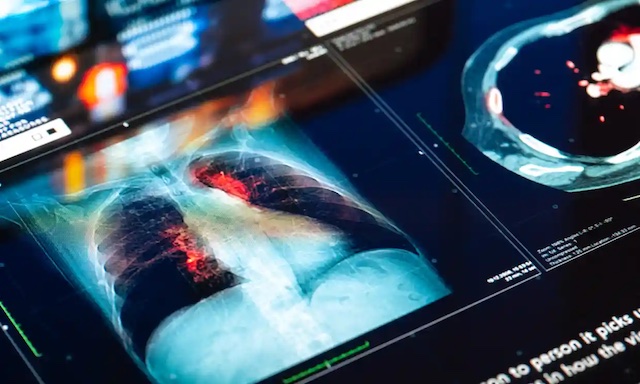
 During the years of the Covid-19 Deception, I reported that Covid was rare in those parts of Africa where Ivermectin was used weekly as a preventative of river blindness and HCQ was used as a preventative of malaria. I also reported that large parts of India used Ivermectin as a preventative and cure and was little bothered by Covid. The same in Brazil and Peru.
During the years of the Covid-19 Deception, I reported that Covid was rare in those parts of Africa where Ivermectin was used weekly as a preventative of river blindness and HCQ was used as a preventative of malaria. I also reported that large parts of India used Ivermectin as a preventative and cure and was little bothered by Covid. The same in Brazil and Peru. 
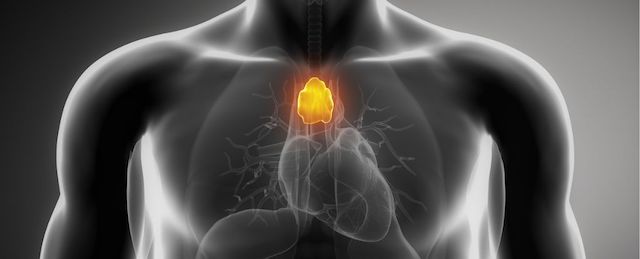 There’s a small fatty gland that sits behind your sternum and is often said to be ‘useless’ in adulthood.
There’s a small fatty gland that sits behind your sternum and is often said to be ‘useless’ in adulthood.
 New Research Sheds Light on Side Effects of COVID-19 Vaccination
New Research Sheds Light on Side Effects of COVID-19 Vaccination 
 Mask Mandate Update as CDC Responds to Speculation
Mask Mandate Update as CDC Responds to Speculation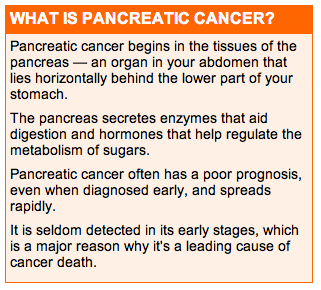 The pancreas is an organ that supports the digestive system and helps the body regulate blood sugar.
The pancreas is an organ that supports the digestive system and helps the body regulate blood sugar. 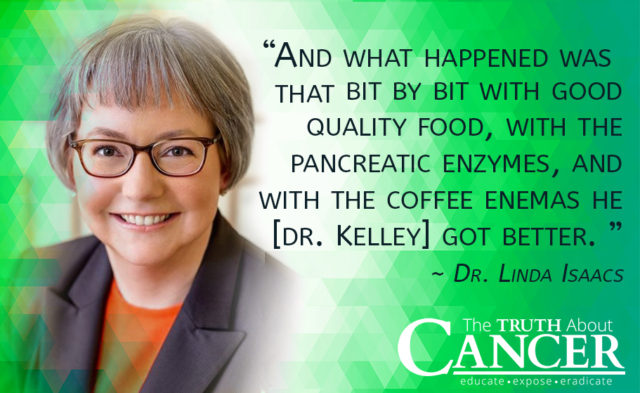 Pancreatic cancer develops when uncontrolled cell growth begins in a part of the pancreas. Symptoms include jaundice and pain located in the abdomen or back, but these might not appear until the later stages.
Pancreatic cancer develops when uncontrolled cell growth begins in a part of the pancreas. Symptoms include jaundice and pain located in the abdomen or back, but these might not appear until the later stages. Your body is a host to many types of bacteria, yeasts, and fungi. Some good, some not so good. One of the most common types of fungi in the body is candida albicans.
Your body is a host to many types of bacteria, yeasts, and fungi. Some good, some not so good. One of the most common types of fungi in the body is candida albicans.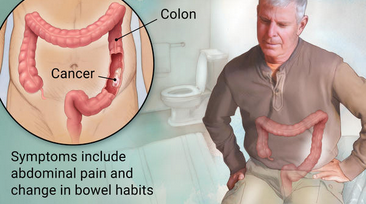 Scientists have revealed the seven factors that put young men at a higher risk of colon cancer – as experts scramble to find what’s causing a surge in the disease.
Scientists have revealed the seven factors that put young men at a higher risk of colon cancer – as experts scramble to find what’s causing a surge in the disease. There are many recorded cases of vaccine injuries and vaccine deaths during the Wuhan coronavirus (COVID-19) pandemic. An oncologist in the U.K. has written an open letter to the editor-in-chief of the medical journal The BMJ to warn about the harmful effects of coronavirus vaccines that must be “aired and debated immediately,” especially since cancers and other diseases are quickly progressing among vaccinated people.
There are many recorded cases of vaccine injuries and vaccine deaths during the Wuhan coronavirus (COVID-19) pandemic. An oncologist in the U.K. has written an open letter to the editor-in-chief of the medical journal The BMJ to warn about the harmful effects of coronavirus vaccines that must be “aired and debated immediately,” especially since cancers and other diseases are quickly progressing among vaccinated people.  Concerns are mounting that America may have sleepwalked into a ‘forever chemical’ public health crisis.
Concerns are mounting that America may have sleepwalked into a ‘forever chemical’ public health crisis. Short bursts of daily activity that make you huff and puff — such as playing high-energy games with children — could reduce the risk of
Short bursts of daily activity that make you huff and puff — such as playing high-energy games with children — could reduce the risk of  Cancer is the target of some of the most advanced treatments in medicine’s arsenal.
Cancer is the target of some of the most advanced treatments in medicine’s arsenal.